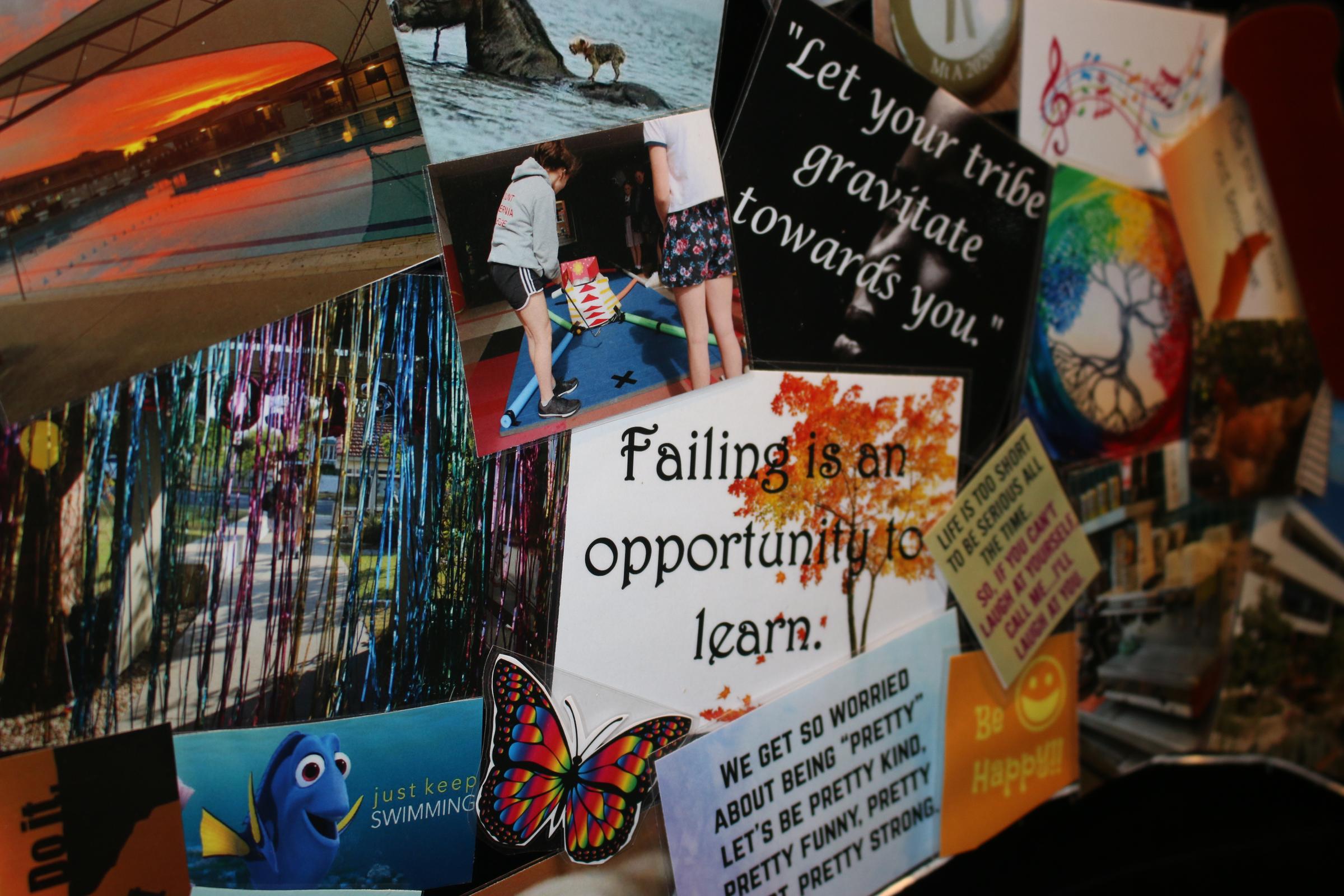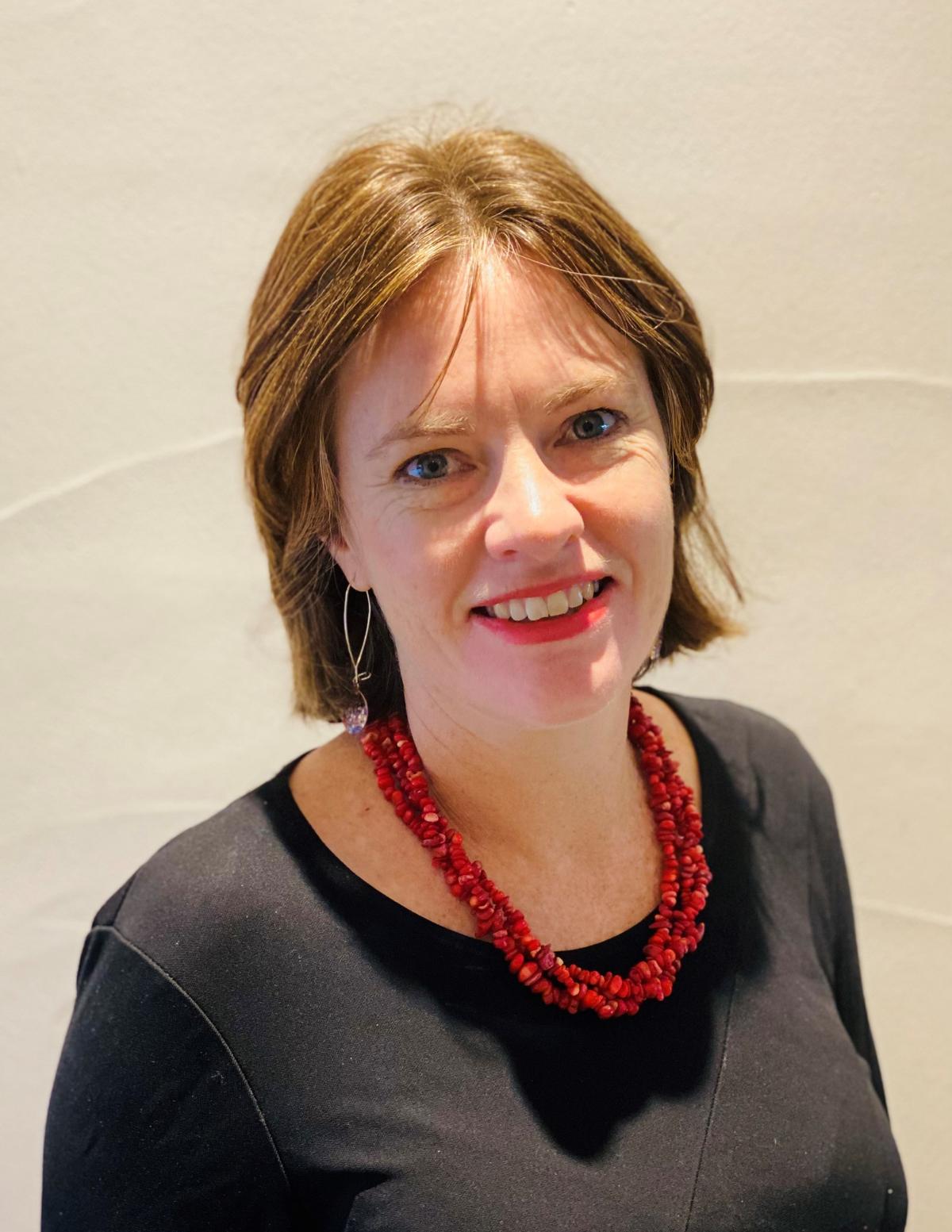Counsellors' Corner

Whilst many students continue to be amid their final exams and assessments for the year, we are drawing closer to finishing the school year - a year with many twists and turns. It is a common experience to set deadlines for accomplishing certain goals, with “by the end of the year, I’ll…” being a common phrase. For some this can be motivating; for others it causes pressure and stress. After a year of unprecedented change and need for adjustment, some may find that the goals they set themselves at the beginning of the year are now unreachable. This can create panic and disappointment as December draws closer. It is important that, as we reflect on the year, we not only focus on the difficulties and challenges, but remember the successes and struggles through adversity. For many people, 2020 has been a challenging year, with uncertainty still lingering in the air.
Similar to adults, the end of the school year is an opportunity for your young people to reflect on the year that has passed. It is an opportunity to sit with your young person and talk to them about their successes and their struggles. This process not only facilitates gratitude, it can also help them establish goals for the following year.
These are some suggestions for helping balance your perspectives when you are reflecting on the year that has been:
- Research suggests that we remember incomplete tasks more than completed tasks, a psychological phenomenon known as the Zeigarnik Effect. When reflecting at the end of the year, we have a tendency to reflect more on the tasks we haven’t completed, rather than focusing on all of the tasks we’ve accomplished and challenges we’ve overcome.
- Similar to the Zeigarnik Effect, we have an automatic tendency to focus on negative situations rather than the positive. This negative cognitive bias can prevent us from reflecting holistically.
- Being aware of social comparison and how this can impact us. It is normal for our friends and family to update us on positive events and accomplishments in their families, but this can leave us feeling lesser. It’s particularly important to consider this with our young people, who are prolific users of social media, and who tend to compare themselves to others. Social media is a platform for people to share only their positive experiences, and thus can give an unrealistic perception of reality.
- Take time to be compassionate towards yourself. For those who have struggled this year or haven’t met goals, try to acknowledge the efforts you have put in this year and the resilience you have built, despite adversity. The events of this year have been, and continue to be, unprecedented, and it is normal to have found this fatiguing.
As the year draws to a close, we wish you a restful break. Holidays can be a good time to connect with your young person. Above all, keep communicating, talk about your concerns, and encourage your young person to talk to you. Have a safe break and we look forward to assisting your young people in navigating their way through 2021.
Information is provided from Dr Tara Well (Psychology Today; https://www.psychologytoday.com/au/blog/the-clarity/201712/making-peace-the-end-the-year)
Ellie Keene and Emma Moore


